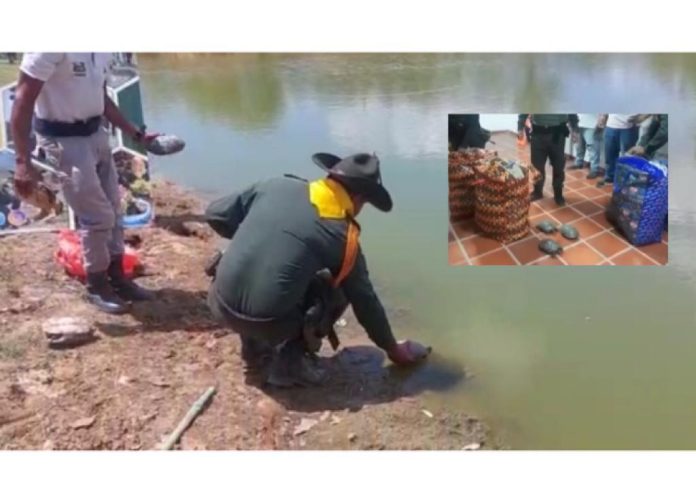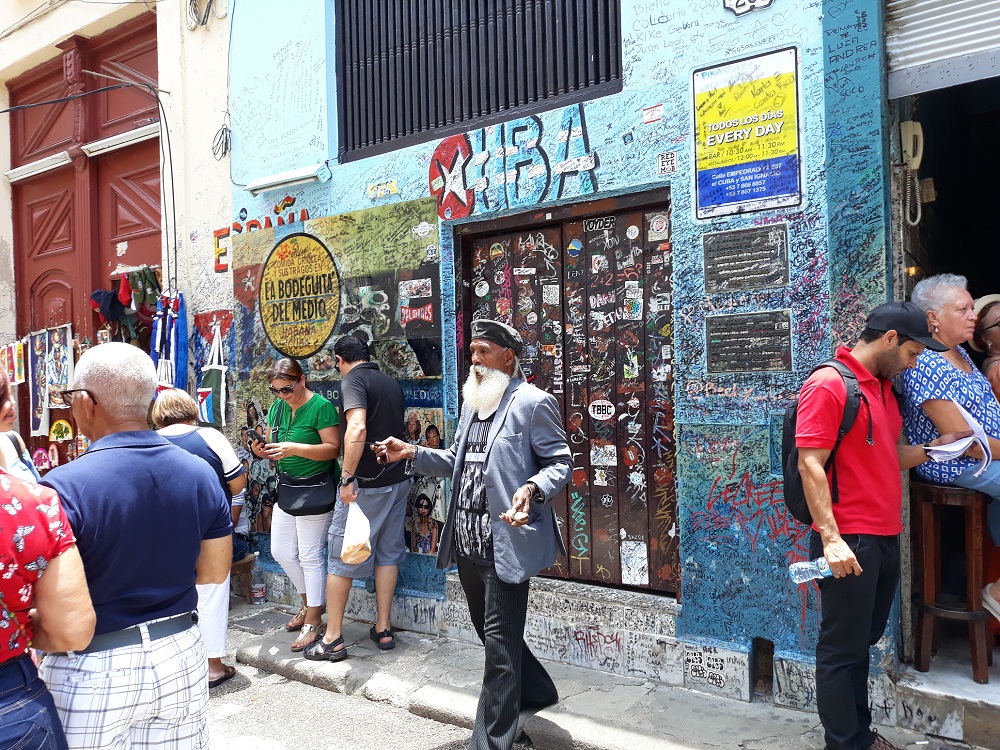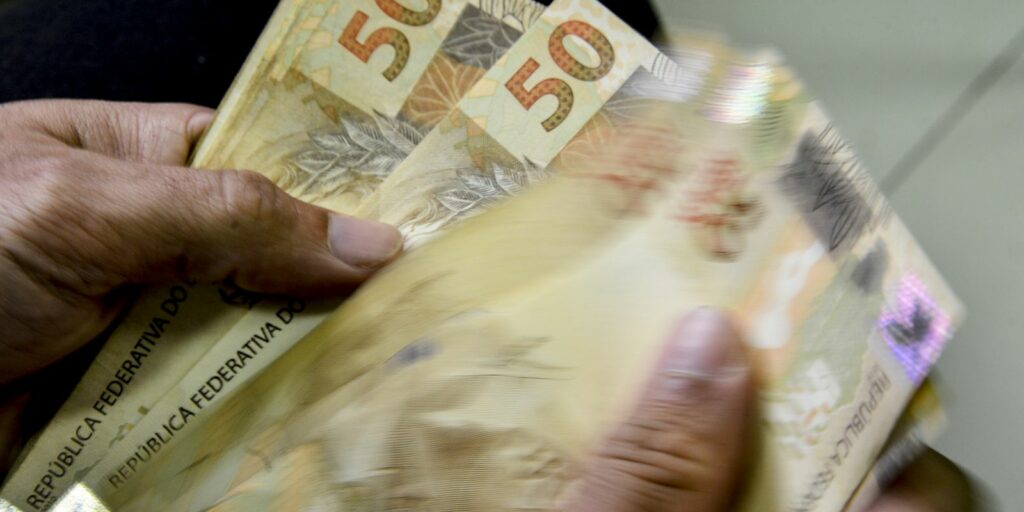
Traditional dishes with which they seek to replace beef or chicken, and therefore the demand for some shellfish, turtles, stifles and other wild animals skyrockets, causing damage to ecosystems and wildlife.
News Caribbean.
During Holy Week, when the consumption of meat from exotic and wild animals skyrockets, the operations of the authorities also increase, and this makes it possible to rescue different species that are ready to be sold, but they do not manage to stop all the traffic and consumption of the illegal trade in the country.
In Cali they found armadillo, blue crab and other species, in Bolívar they rescued several sea turtles that they carried in sacks.
A time that becomes a problem for wildlife in Colombia.
traditional dishes with those who seek to replace beef or chicken, and therefore the demand for some shellfish, turtles, stifles and other wild animals skyrockets.
In the Colombian Caribbean, there are “forbidden dishes”
In the Caribbean Region they used to eat stewed iguana, iguana eggs, and also the hicotea turtle, but the damage to fauna and marine species with these is enormous, in addition to the massive poisoning that they produced, today there is control over these animals.
The places where it was consumed the most were in Cartagena, Santa Marta, Palmar de Varela, Ponedera, Suan and other areas of the coast.
The commercialization of these animals for consumption and sale is currently prohibited. Even so, they continue to be in demand, and they continue to be obtained through hunting and illegal trade.
On the eve of the Greater Week of this 2023, more than 1000 turtles, hundreds of iguanas and other species have already been rescued.
In Bolívar alone, 31 people have been captured this year for this type of act.
From Blue Crab to armadillo found the Dagma in a market in Cali
Also read:
As pets: vendors in a park care, feed and ask that iguanas not be eaten at Easter
















